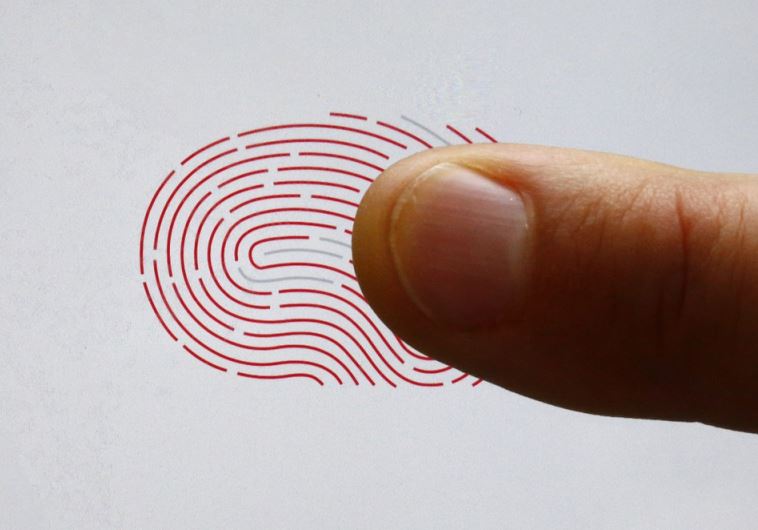High Court to state: Why can’t we just have smart cards?
The justices seemed concerned that citizens did not have a choice about whether to join the database or not.
 A person uses a sensor for biometric identification on a smartphone in BerlinUpdated:
A person uses a sensor for biometric identification on a smartphone in BerlinUpdated: